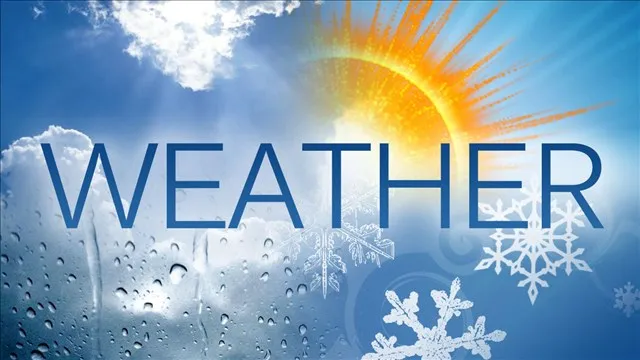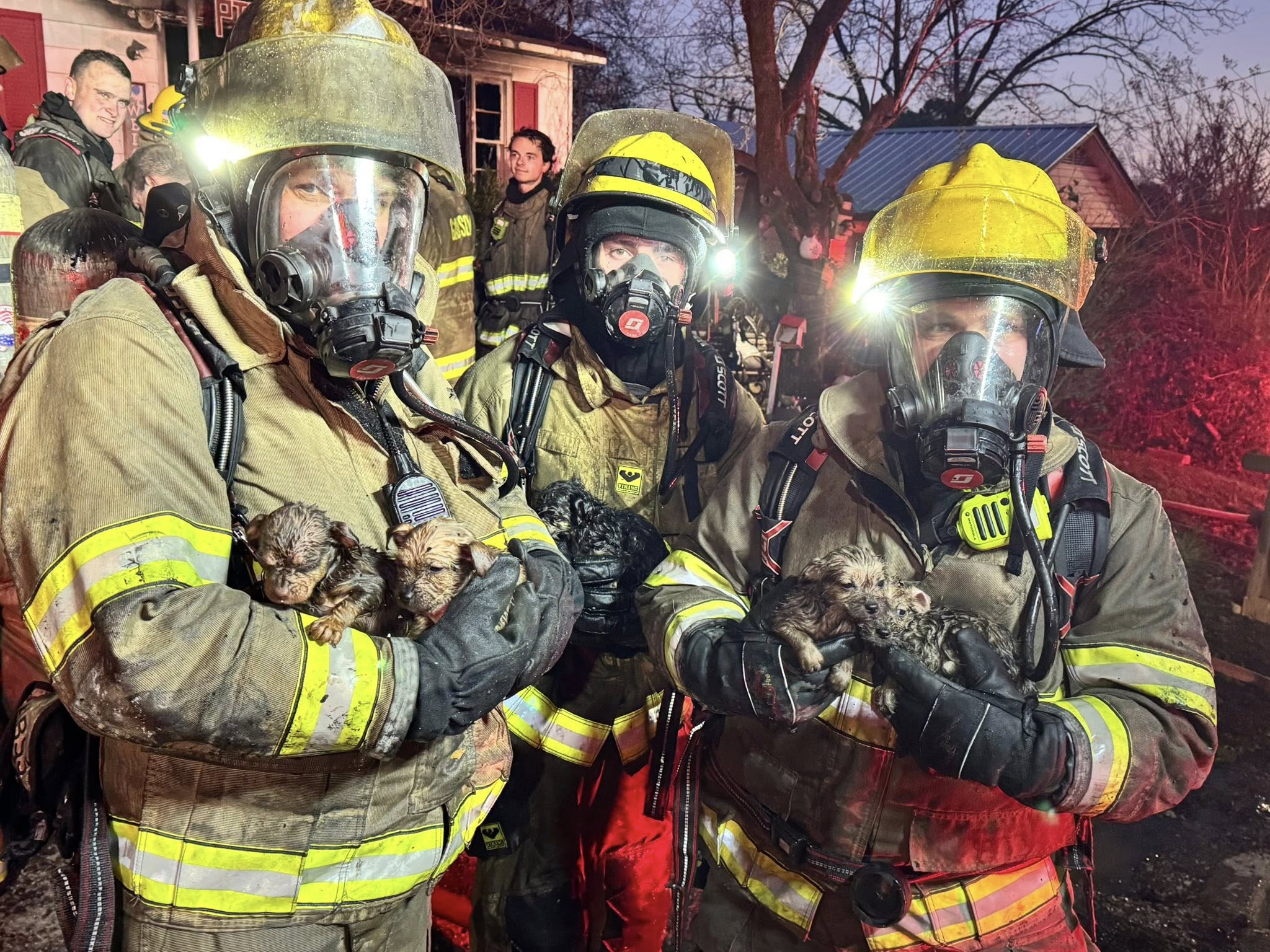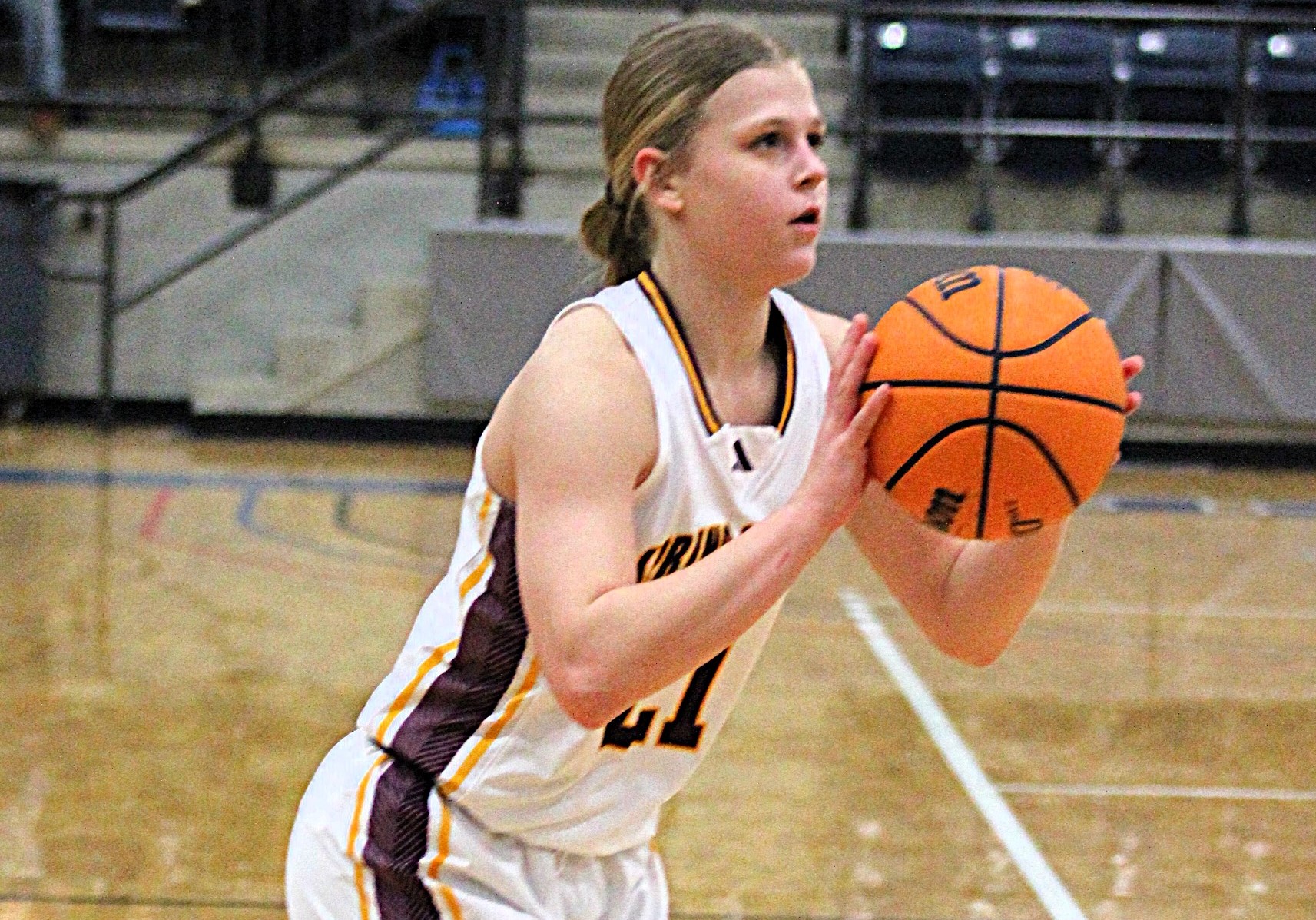.png)
(WASHINGTON) — For John Robinson, a retired coal miner who spent his career in the Virginia mines helping to power America into the 21st century, not a moment passes that he isn’t feeling the full effects of his black lung diagnosis.
With the support of a burdensome oxygen machine, Robinson joined a handful of other retired Central Appalachian miners to sit down with ABC News’ Jay O’Brien in the heart of coal country.
“You are suffocating. You are suffocating. And that’s what’s going to kill you,” Robinson told O’Brien. “I got a wife and two kids and two grandbabies, you know, and I want to live.”
Black lung, the debilitating respiratory illness common in coal miners, has made a staggering resurgence in the past 25 years, particularly among the younger generation of miners as they cut through more rock to access deeper, hard-to-reach coal seams, exposing them to harmful dust particles called silica — which experts say is about 20 times more toxic to the lungs than pure coal dust.
And even as President Donald Trump vows to reinvigorate America’s coal industry, critics say his administration has stripped away key protections for the miners. In his first 100 days in office, Trump’s administration has decimated the National Institute of Occupational Safety and Health, or NIOSH, the federal agency that protects miners from black lung, and paused enforcement of a new safety rule that would lower the level of silica dust in the mines.
“You don’t take care of the miners, you ain’t going to mine coal,” another miner told O’Brien. “The machine don’t run by itself, you know what I’m saying?”
“There is no block of coal worth any man’s life,” said another miner.
Some of the more than 800 NIOSH employees placed on administrative leave — around two-thirds of the entire workforce, sources said — have taken matters into their own hands, setting up a guerilla “war room” around a Morgantown, West Virginia, dining table to do what little federal work they can before they’re officially laid off in June, while campaigning for their important work to continue.
“So, what is going to happen now to the average coal miner if this work isn’t being done?” O’Brien asked Dr. Scott Laney, a veteran NIOSH epidemiologist who was placed on administrative leave.
“It’s going to lead to premature mortality and death in these miners,” Laney said. “There’s just no getting around it.”
A spokesperson for the U.S. Department of Health and Human Services said in a statement to ABC News that “the Trump Administration is committed to taking care of coal miners, who play a vital role in supporting America’s energy,” and that a black lung surveillance program previously run by NIOSH would be folded into a new bureau called the Administration for a Healthy America.
But the spokesperson did not say when the program’s work would fully resume or how the work would continue without any of the experienced employees who have been laid off.
“Somebody has to continue to do the work to protect the coal miners, to protect U. S. workers — the work that NIOSH does,” said Dr. Noemi Hall, another NIOSH epidemiologist on administrative leave. “They can’t just stop everything. Yeah, we just can’t stand for that.”
For current miners, the stakes couldn’t be higher — or more urgent.
Sources said hundreds of unread X-rays conducted as part of the Coal Workers’ Health Surveillance Program, the NIOSH program that screens and monitors the respiratory health of miners, remain in limbo, with no doctors to analyze the results and report them to patients.
“[Those miners] will go on continuing to be exposed at the rates that they are,” Laney said. “Their disease will progress more quickly than it ever should have.”
ABC News obtained a letter sent by HHS this month to coal mine operators telling them the Coal Workers’ Health Surveillance Program was paused, saying, “We cannot accept any miner’s respiratory health screenings (x-ray, spirometry, or forms) at this time.”
“Nobody else in the federal government does the work that we do to protect U.S. workers,” Hall said. “Nobody else, you know, specifically at CDC, nobody else at NIH, nobody else in the United States does what we do. When we are gone, when our work is gone, our research is gone — nobody steps up to take our place.”
Amanda Lawson, who works at a health center in West Virginia, told ABC News that last week three miners came in and had horrible X-rays. She says she’s already feeling the effects of the NIOSH cuts.
“There’s nobody to send them to get them some protection and get them moved out of the dust,” Lawson said. Without NIOSH’s right-to-transfer program, those miners will remain working in the mines, rather than being transferred to safer working conditions.
On Capitol Hill, even some of Trump’s most fervent supporters have rebuked Trump and Health and Human Services Secretary Robert F. Kennedy Jr. for their removal of those positions.
Sen. Shelly Moore Capito, R-W.V., said earlier this month that she harbors “strong disagreements with the administration,” and Rep. Riley Moore, a congressman who represents the West Virginia’s Morgantown area, said the NIOSH cuts were a “mistake that we are working to roll back.”
“I believe in the President’s vision to right size our government, but I do not think eliminating the NIOSH coal programs and research will accomplish that goal,” Capito wrote in a letter to Kennedy earlier this month, urging him to reinstate NIOSH employees, whose work she called a “vital health program.”
The HHS spokesperson did not answer a question about Capito’s concerns.
Robinson’s wife Vonda says she’s spoken to members of Congress about the Coal Workers’ Health Surveillance Program cuts.
“If we’re going to have coal and we’re going to have to produce it for America and we’ll have a coal industry, we’ve got to have coal miners and we have to take care of our coal miners,” Vonda Robinson told ABC News.
“I don’t think the people in Washington have any, well, had any idea what the Coworkers Health Surveillance Program even did,” Anita Wolfe, who was the director of the program for 20 years, told ABC News. She says she’s also spoken to members of Congress.
Wolfe says a critical part of the program has been its state-of-the-art mobile unit that’s equipped with an X-ray machine. She said the vehicle would often be parked in easily accessible locations to make it easier for the miners to get screenings. It’s now parked at the NIOSH facility in Morgantown.
“It breaks my heart,” Wolfe said. “I mean, the miners liked that mobile.”
In deep red coal country, several of the miners who met with ABC News have faith that Trump will reinstate protections for coal miners.
“If they’ll give Trump time and let him work out his — he’s got a plan,” Robinson told O’Brien. “I mean, he knows what he’s doing. He’s a smart man.”
“What if he doesn’t?” O’Brien asked.
“I feel sorry for the miners,” Robinson replied.
ABC News’ Cheyenne Haslett contributed to this report.
Copyright © 2025, ABC Audio. All rights reserved.




